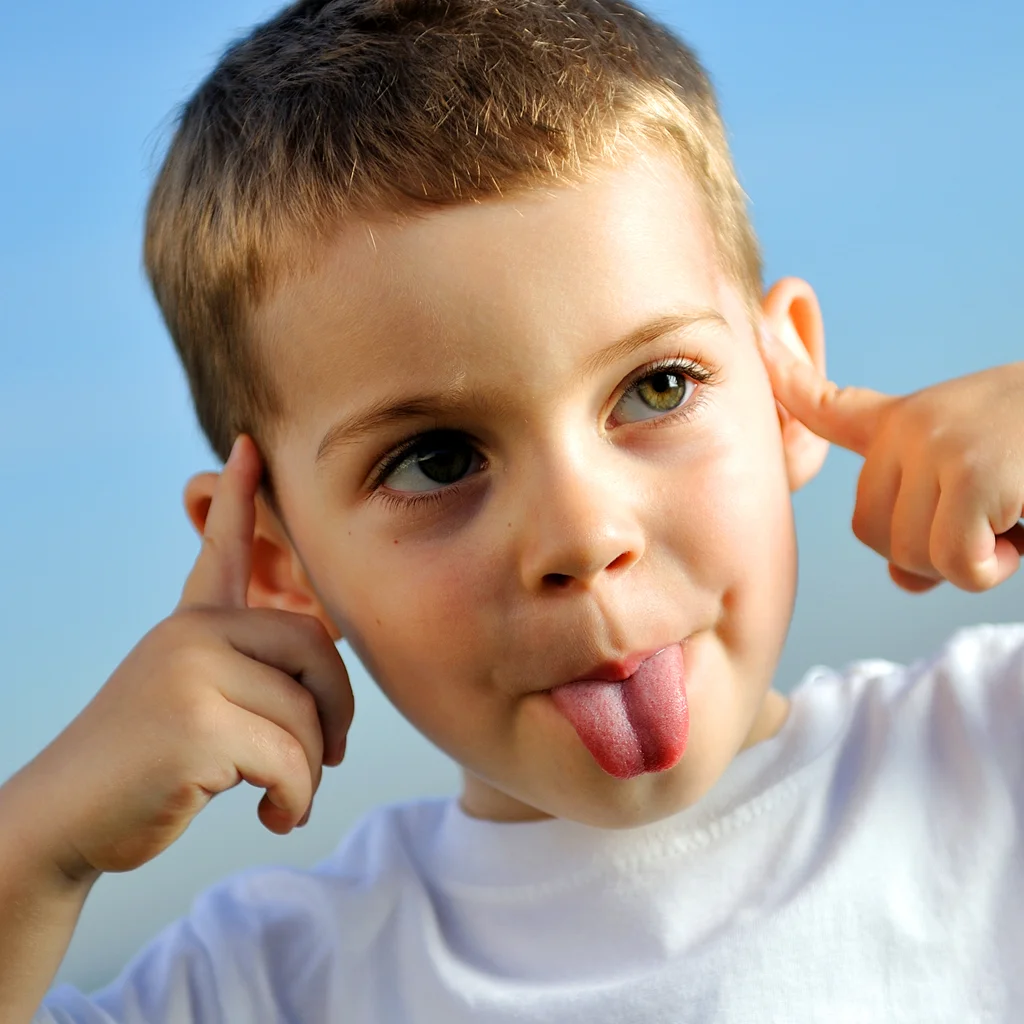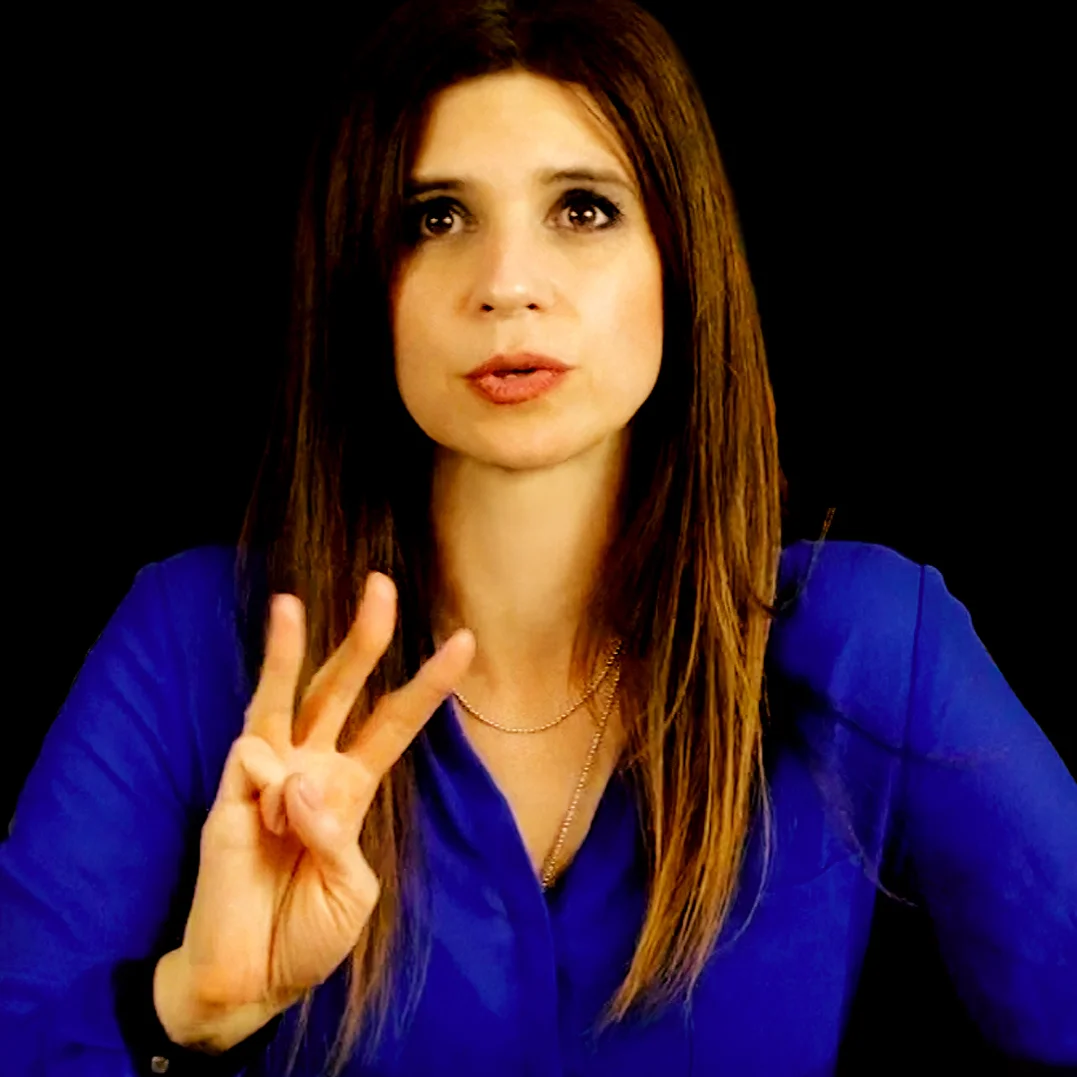What we take for granted is what usually affects us most. From the pretty tree in the front yard that unknowingly causes us to sneeze three months a year, to a messy room that installs subconscious chaos and a messy internal structure.
Read MorePARENT-CHILD MISCOMMUNICATION
The general belief about communication is that people understand what we’re saying, but usually, nothing could be further from the truth. Miscommunication easily emerges from different languages, social backgrounds, economic backgrounds, religious beliefs, upbringing, personality types or simply, personal expectations.
Read MoreCHILDREN & NEGATIVE ATTENTION: REALLY? IS THAT WHAT THEY WANT?
Only miscommunication can lead us into negative attention. No child wants to be yelled at, mistreated, or punished. The claim that children seek negative attention doesn’t quite add up. Children need attention. It is somewhere between how they seek it and how responsive parents are that negative attention comes into play.
Read MoreCHILDREN & FREEDOMS: BUILDING STEPPING STONE CHALLENGES TO GROW SELF-ESTEEM
Granting children the chances to assume new tasks is an important part of assistance during early development, but those new freedoms have to be earned for many reasons. Children left to perform tasks they’re not ready for, will not benefit from the experience and may be reluctant to try again.
Read MoreCHILDREN & HOUSEHOLD CHANGES
Any changes in the home may reflect in behavior changes, from a divorce to a permissive aunt visiting for the week. Children can feel stress levels in their parents. They hear it in conversation, notice changes such as less patience and higher irritability. Sometimes, a bad week for the couple or dad falling asleep on the couch can fill the child’s imagination with fears of divorce, a broken home structure, losing a parent’s love and even guilt.
Read MoreCHILDREN, PARENTS & PERSONALITY TYPES
Personalities can be observed in children at the age of three. A lot can change in terms of attitudes towards certain activities, behaviors and fears, but essentially, personality will not change.
Read MoreTHE EXTROVERTED CHILD: FASCINATING!
Like a small alien on planet Earth for the first time, extroverts are fascinated by the world around them. They seek highly stimulating environments and groups of people they can interact with. They tend to be warm, affectionate and very good at reading faces which they use to select others that will reward them with positive experiences.
Read MoreTHE INTROVERTED CHILD: IT'S COMPLICATED!
With their focus inside, introverts can come off as more reserved, which can be taken for shyness. Introverts are curious, creative and solution oriented. They are also sociable people, but in general they prefer smaller groups and need time alone to create, play and recharge.
Read MoreEXTRA SENSITIVE PERSONALITIES IN CHILDREN
More and more children today seem to be displaying extra sensitivities. As life becomes faster, louder and more demanding, more and more children seem to be trying to warn us to slow down. Unaware of the stresses we put on ourselves, we can’t notice the stresses we cause our children. Just checking our phone in the middle of the night will cause enough light to enter our eyes to change our internal body clock. This causes circadian rhythm disorder, which, ironically, prompts us to keep checking the phone in the middle of the night to see what time it is.
Read More
CURB YOURSELF: NO ONE ELSE CAN DO IT FOR YOU
Before looking to change anyone else, we first need to take a long and honest look in the mirror. Who are you? How do you compare to whom you’d like to change? How well maintained are you? Honest answers to these three questions should give us enough perspective to approach our subject with sensitivity, understanding and compassion.
Read MoreWHO ARE YOU? MEDITATE BEFORE YOU ANSWER
Most people will jump to answer this question with a name, which was chosen for them, a last name, usually inherited, followed by an occupation or corporate title. This type of external self-identification is a common cause for identity crisis.
Read MoreTHE LAW OF RELATIVITY: WHO YOU ARE IS RELATIVE TO WHO YOUR RELATIVES ARE
A child’s personality is only part of the equation. Parent’s personalities are already formed and they are set in their ways, not to mention stronger and imposing by the nature of the relationship.
Read MoreTHE SELF-CLEANING PARENT: IT IS RESPONSIBLE TO TAKE TIME TO RELAX
A good parent is a healthy parent. A healthy parent uses coping mechanisms to balance and reboot. Making time for oneself is easier once you understand the benefits it brings, not only to the parent, but also to the entire family.
Read MoreCURB YOUR CHILD: SHARE THE GAME
The most effective way to curb children is to make them active participants of their behavioral education. Letting them become active players in the game of making good and well informed choices. As well as a chance to cooperate, an opportunity to ask questions, to understand and to be involved in their own education, is the most respect you can give your children.
Read MoreTEACHING BY EXAMPLE: NO PRESSURE! REALLY!
Do not be confused. Teaching by example is not a parenting style nor is it a choice any parent has. Children mimic, which is how they learn. When you find truly irritating habits in your child, remember to first look in the mirror. There is a “reason why” it is affecting you at such a gut level. It is something that, most likely, you don’t want to look at in yourself. There is a simple cure to most of these cases. To keep your child from copying those behaviors, change yourself.
Read MoreA GOOD FOUNDATION: A HEALTHY SYSTEM CHILDREN CAN TAKE FOR GRANTED
A good foundation is the structure that helps children build a healthy and strong morality code. While a solid foundation could be built on evil principles, a good foundation is built from good examples and good expectations building good principles.
Read MoreA QUICK & AWESOME WAY TO IMPROVE CHILD BEHAVIOR: GET YOUR OWN SUPER SIDEKICK
We are all a product of conditioning. From the moment a mother answers to her babies’ cries, she is conditioning the child to cry to get attention. At the same time, the baby is conditioning the mother to understand the baby’s needs and react accordingly.
Read MoreNEED SOME HELP WITH CHILD BEHAVIOR MANAGEMENT? MEET ROGER GOOD
An icon of empathy, Roger is the puppy children want and the puppy parents prefer indoors. Fueled by good intentions, Roger stands as translator for the younger crowd, acts out every feeling so that children won’t have to and tracks their behavior. Roger teaches children to think smartly, considering the consequences before making choices.
Read MoreIMPROVE CHILD BEHAVIOR & FAMILY DYNAMICS: GET IN THE GOOD PUPPY GAME
The Child Cognitive Behavioral System is not only simple, but also inclusive. Multiple correspondences, such as colors, images and words, make it accessible to children with dyslexia, color blindness and other dissociative disorders. Its empathetic imagery reaches children years before they are able to read.
Read More









What Does It Take To Do A Good Parenting Job?
Just like any job, raising children comes with a list of requirements. These requirements allow for a positive parenting experience, beneficial to everyone. But while anyone may muster up some of these traits, it is mastering them that will turn them into parenting super powers.